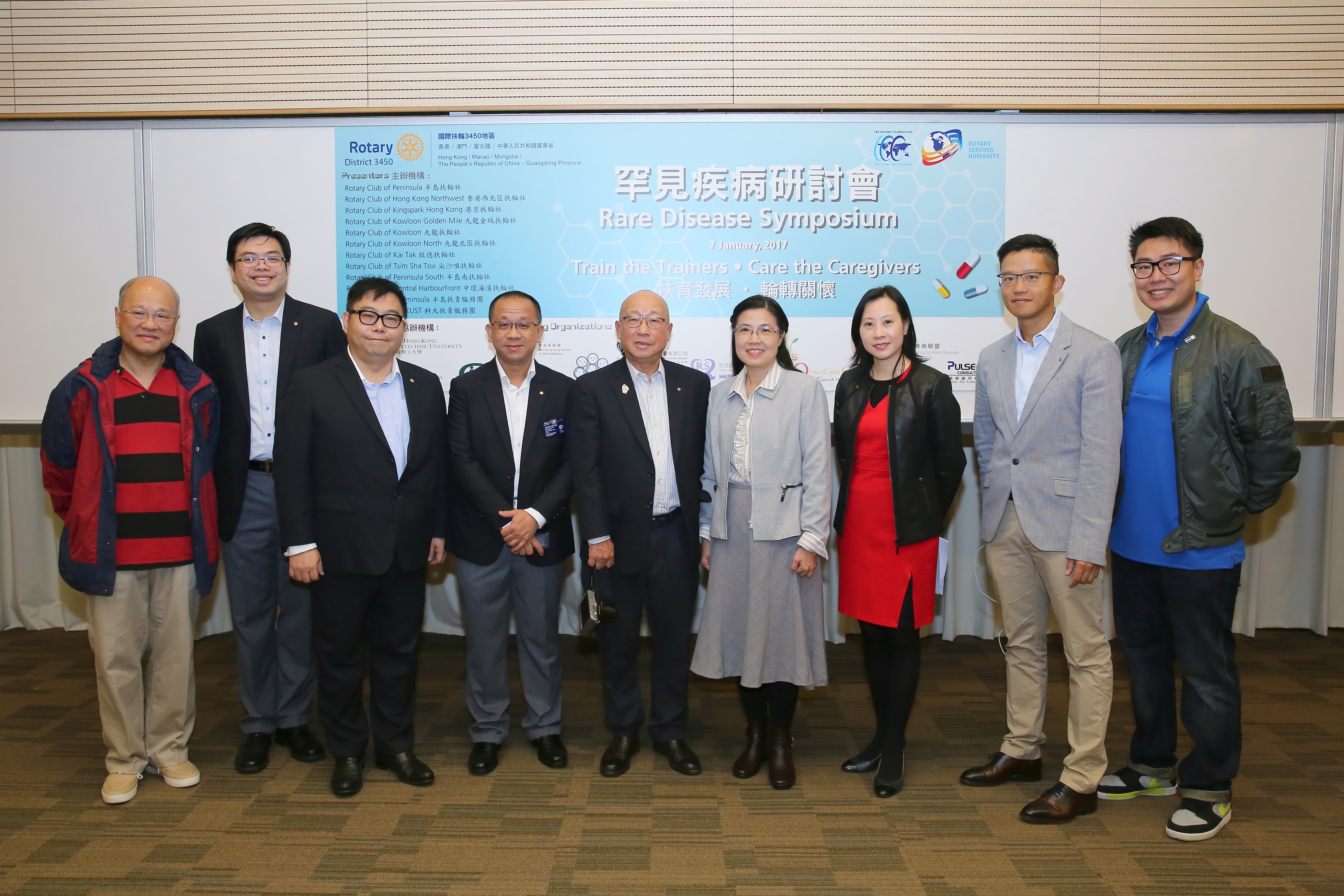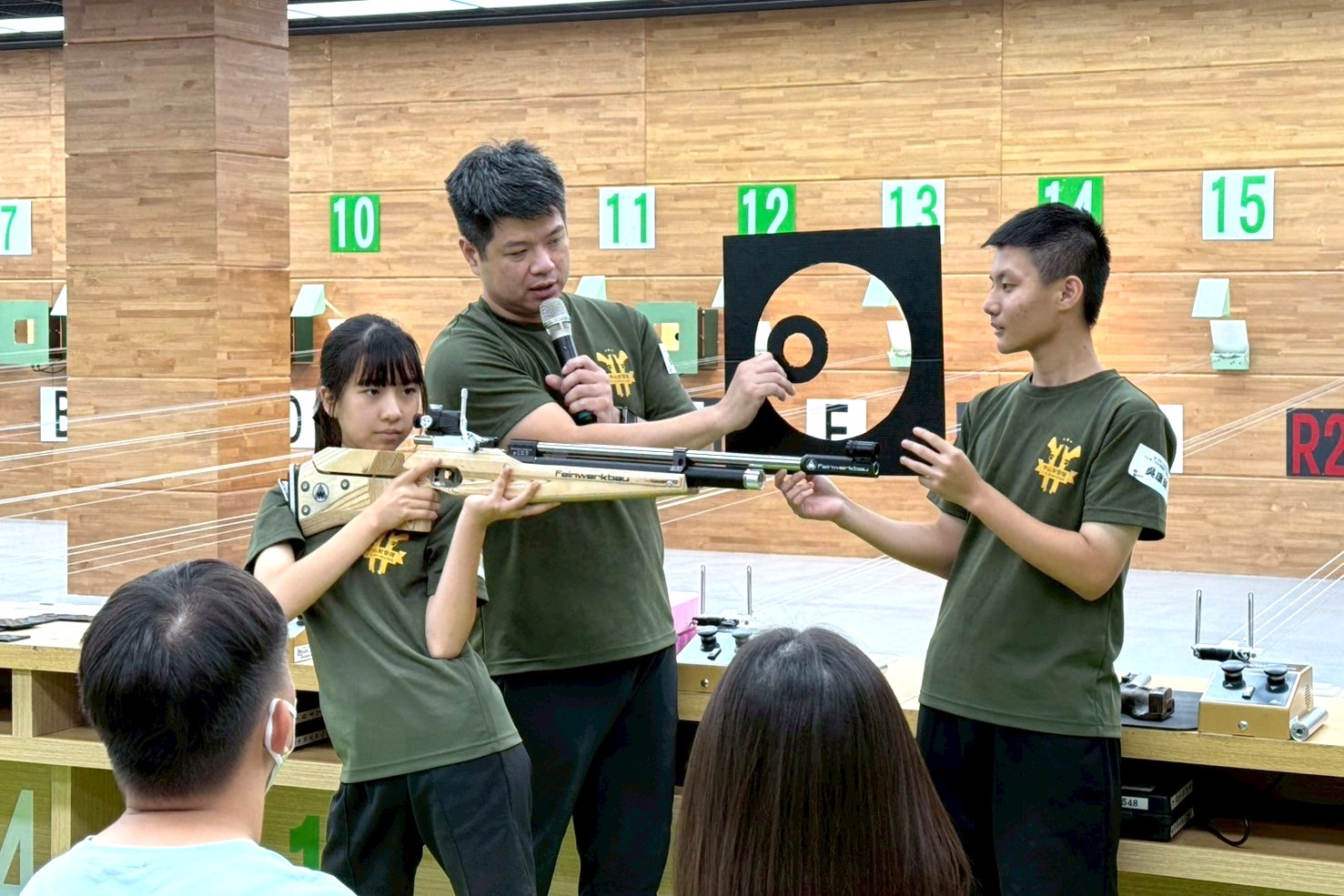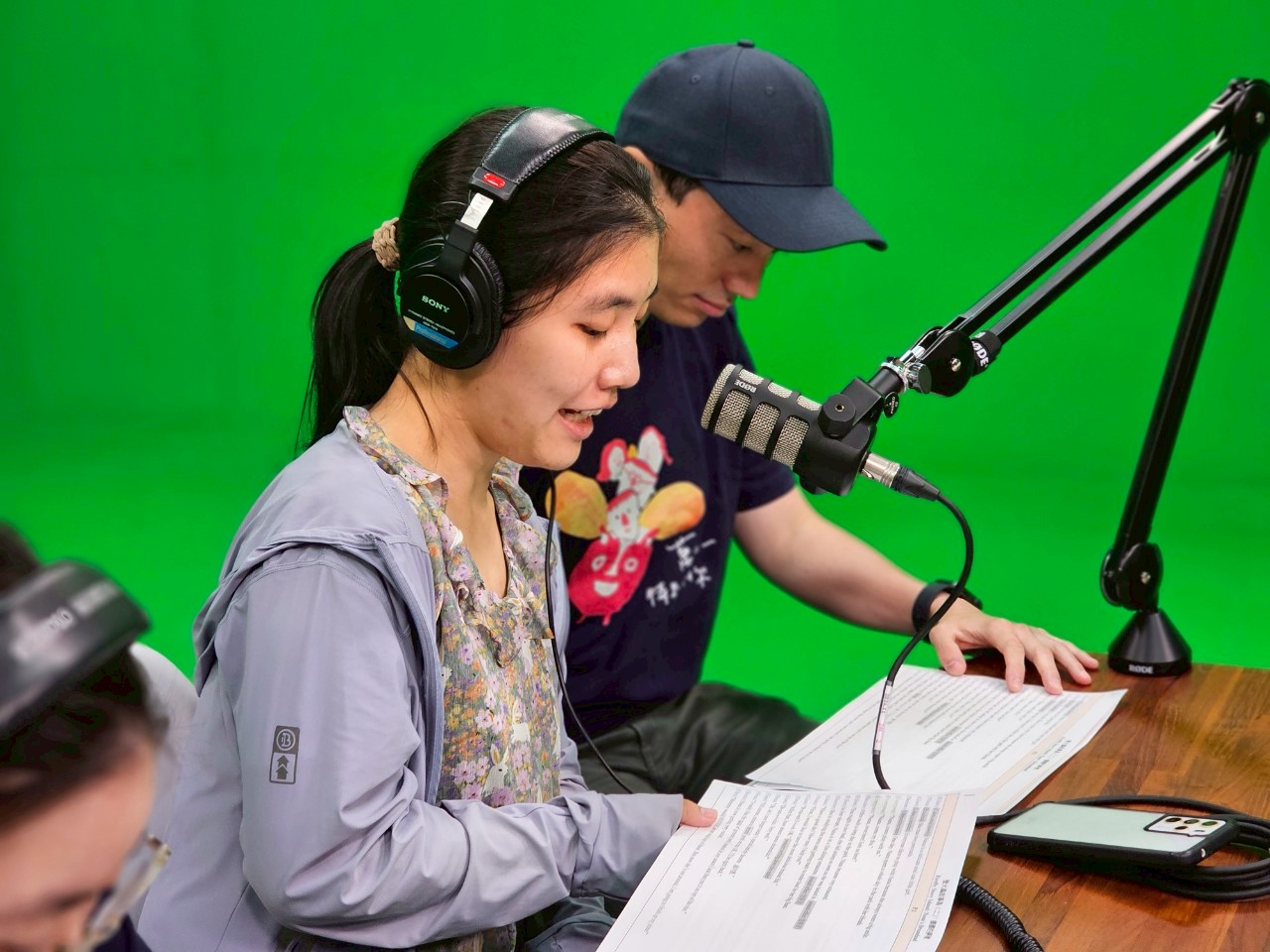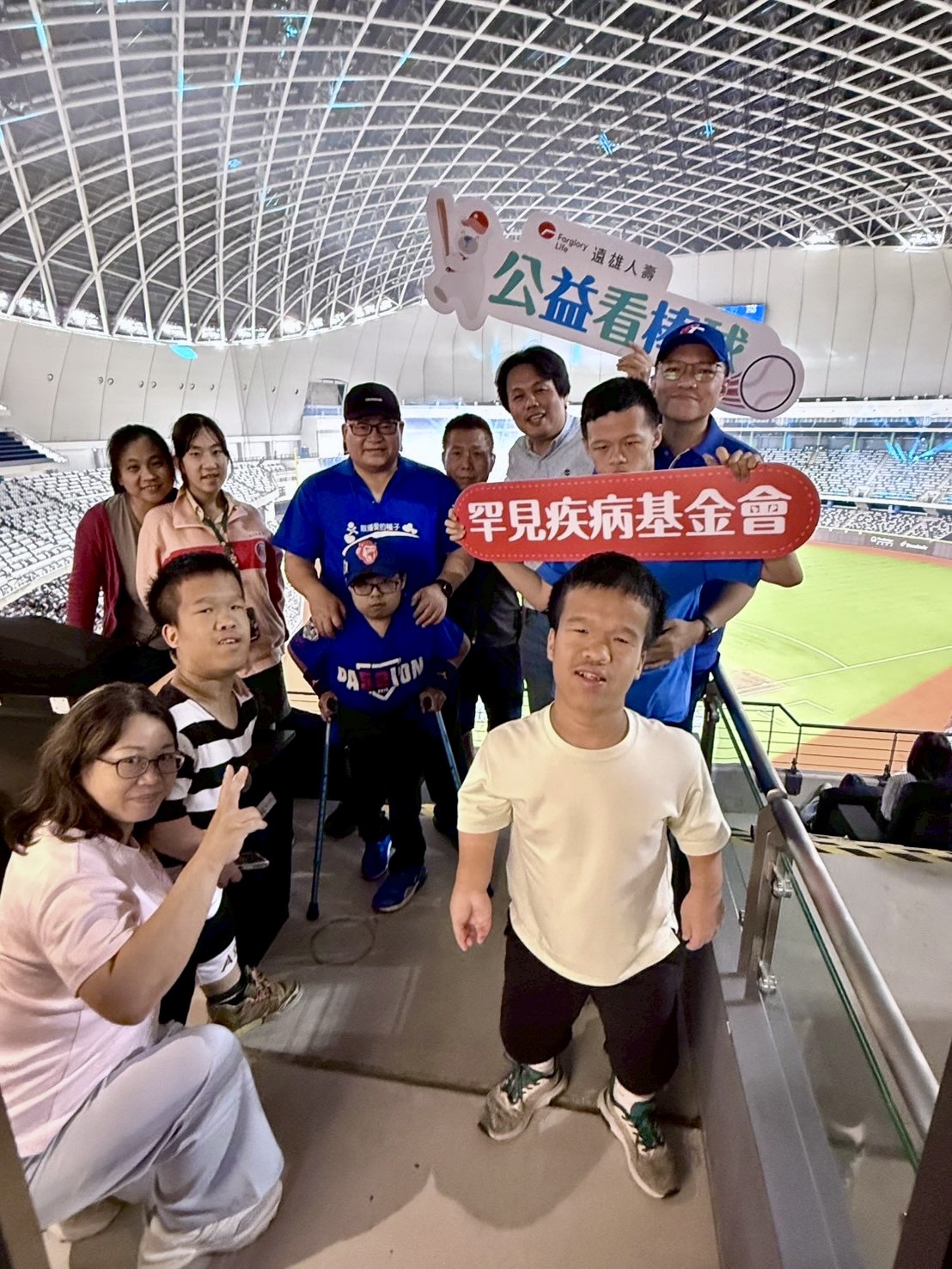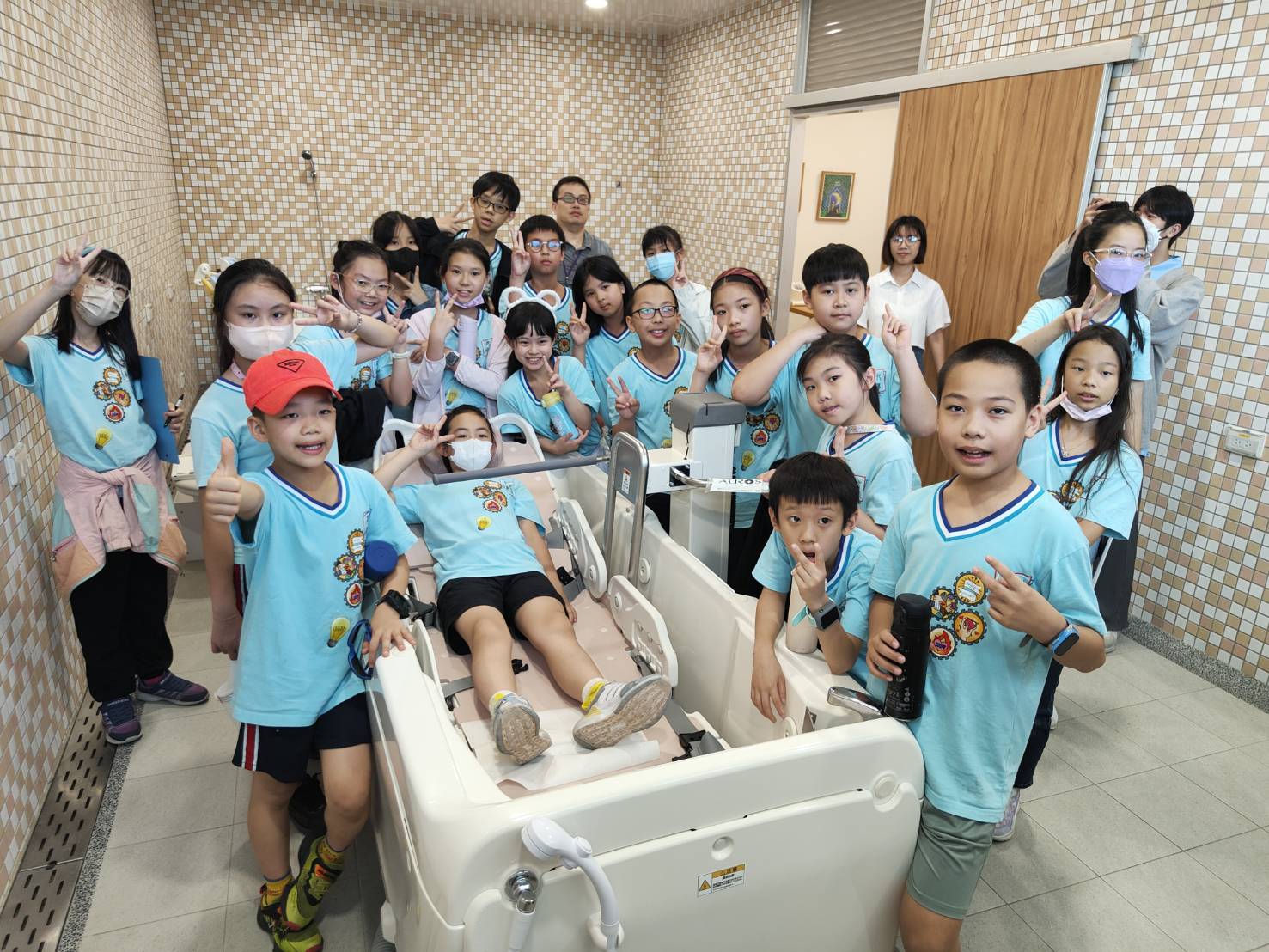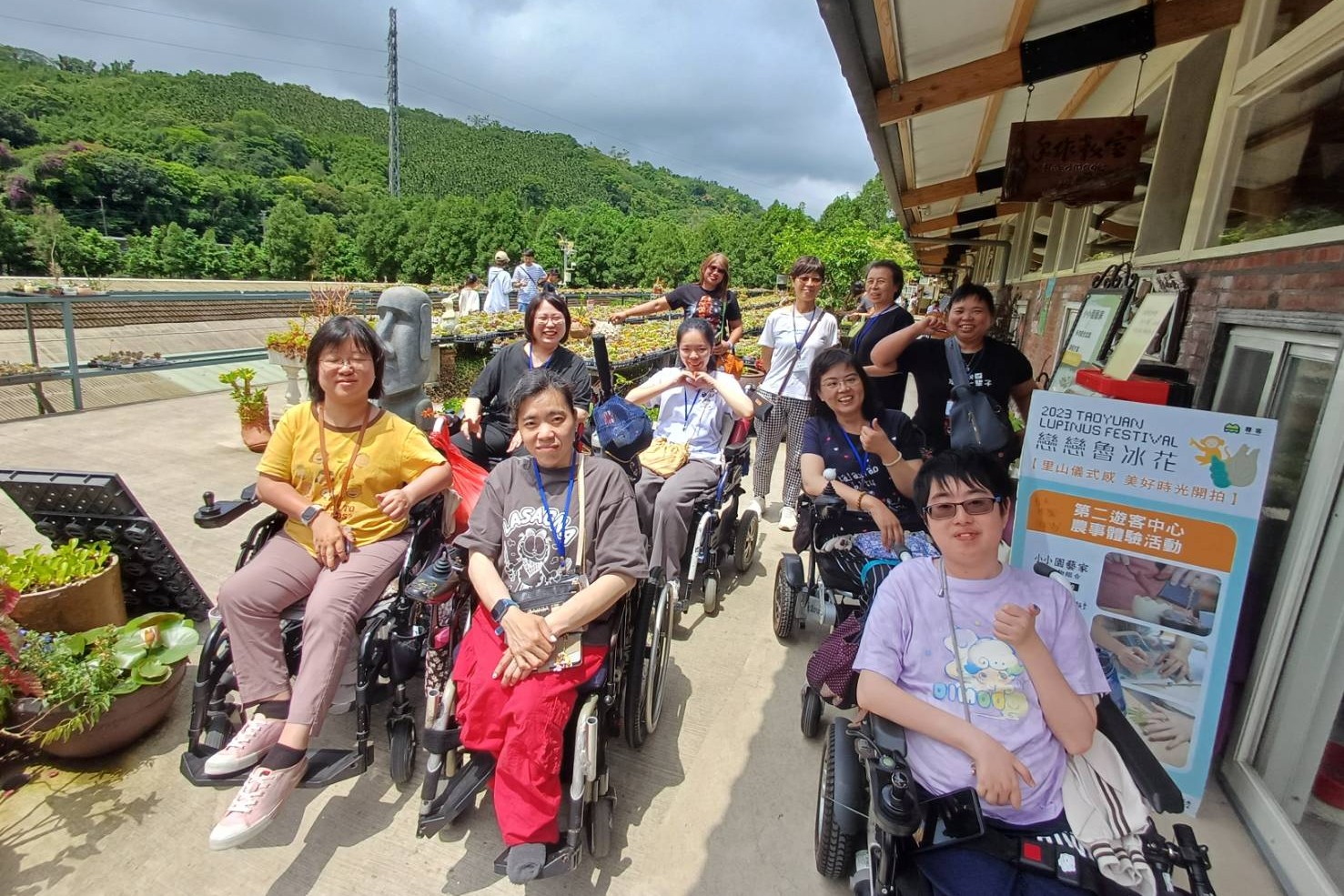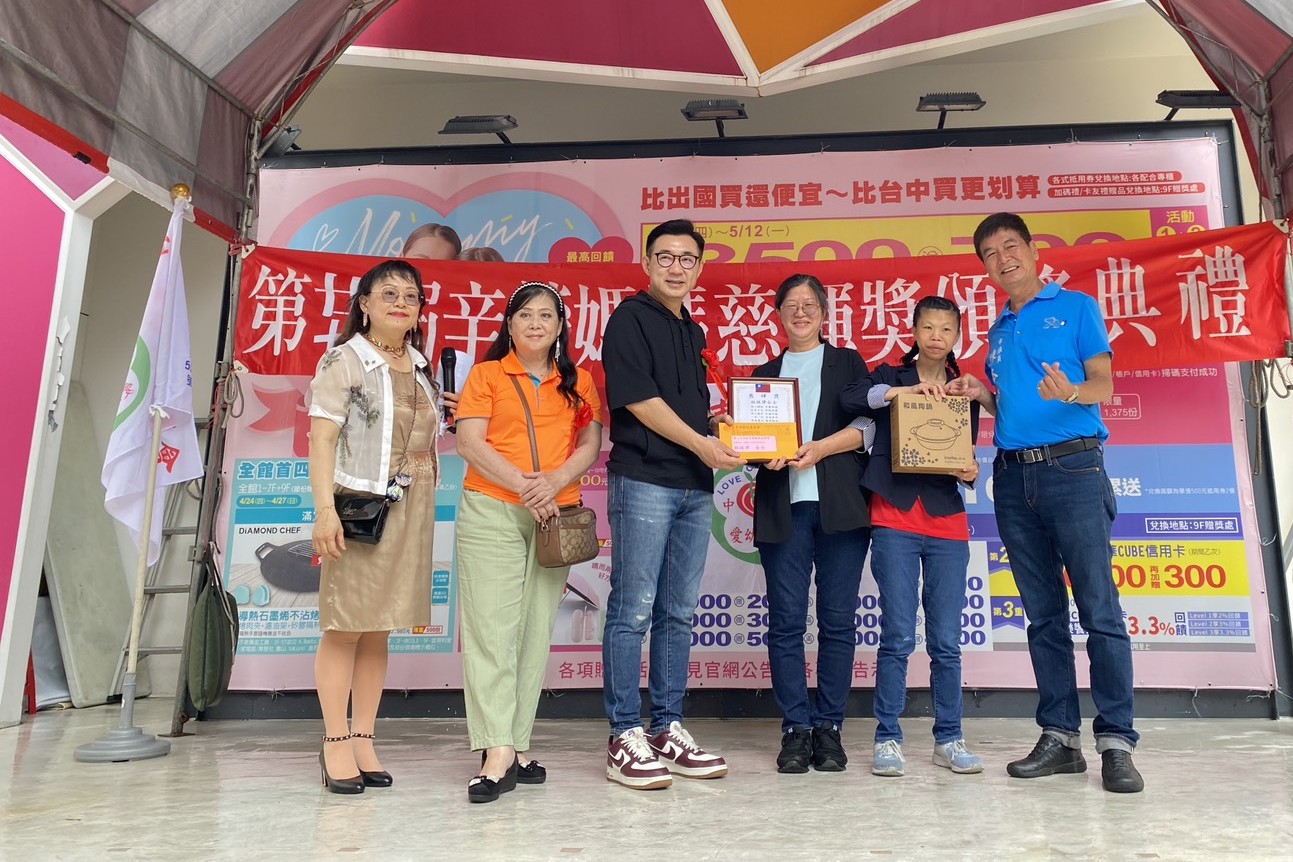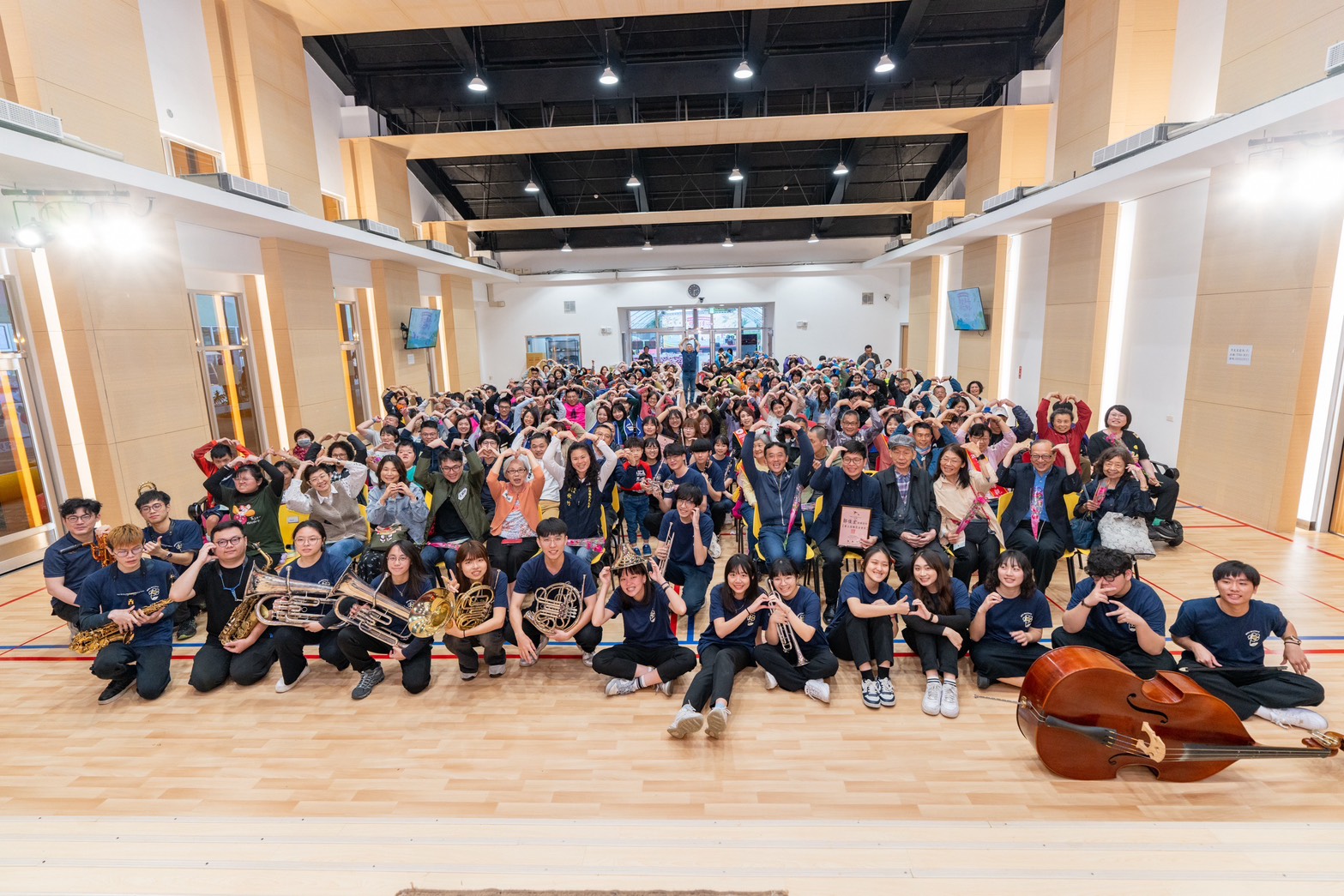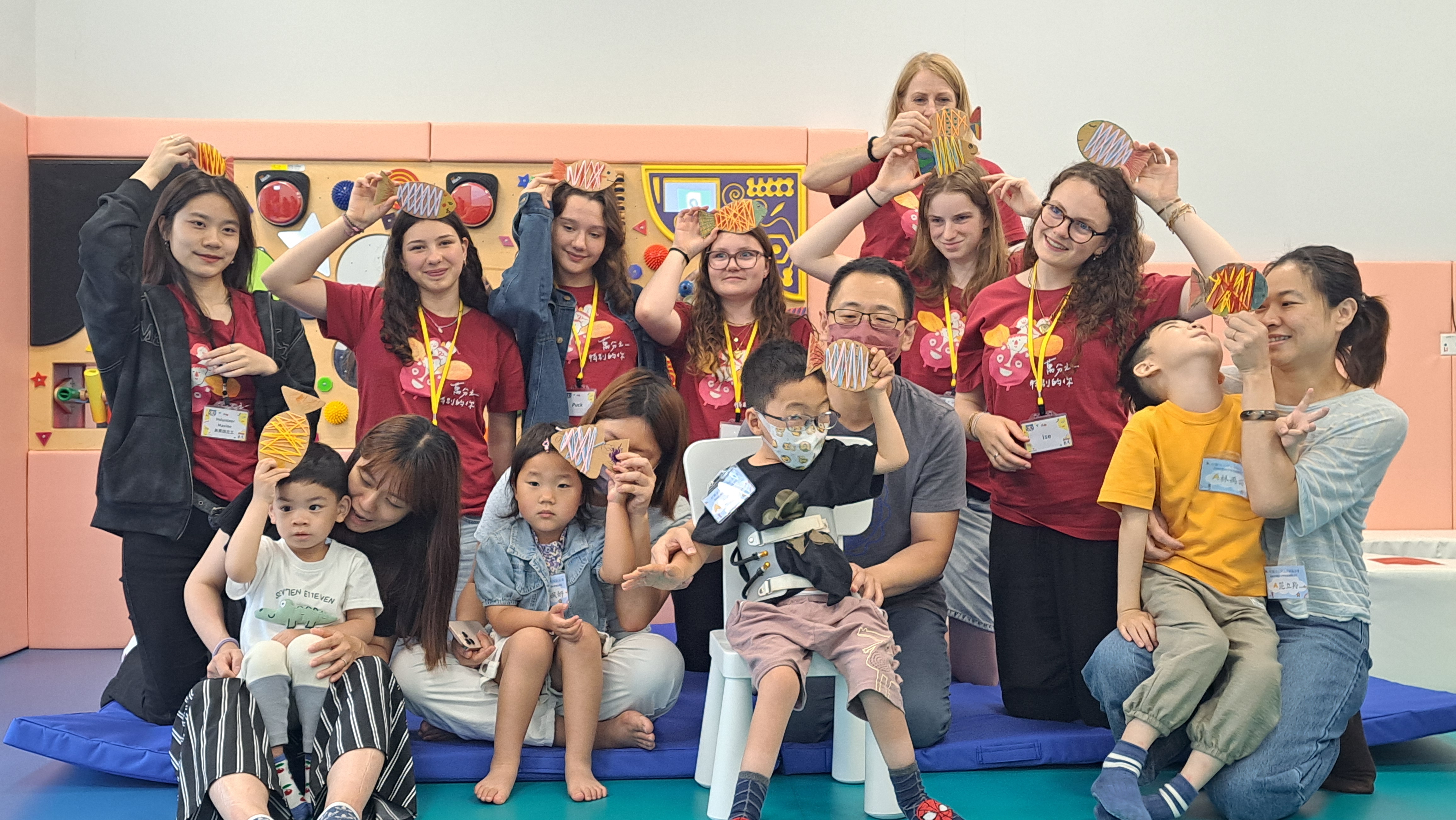News
Hong Kong Rare Disease Symposium
Owing to the families of rare disorders cannot find suitable specialists easily in Hong Kong, they always need to fly away to Taiwan, Shenzhen, or some other places for medical helps. As a result, Hong Kong Rotary Club of Peninsula held a seminar for rare disorders at Hong Kong University of Science and Technology on January 7 in 2017. They hoped to help those families find support nearby easily.
The seminar was starting by Hong Kong genetics specialist, Dr. Stephen Lam, sharing his experience about examinations and diagnosis of rare diseases. Next, Ms. Daryl Hung, Chief of Research and Planning Division of Taiwan Foundation of Rare Disorders, introduced the development of rare diseases in Taiwan and the services this foundation had provided. After that, from 4 videos, 4 rare disease patients and their family members shared the characteristic of their diseases and all the difficulties they had facing.
The director of Food and Health Bureau, Mr. Kao, indicated that two hospitals had tried providing examination of newborns and the result were remarkable. There would be a high possibility to expand this kind of service to all national hospitals in Hong Kong. Besides, the medication expenses of rare disorder were very expensive. Though there were certain funds offered by the government, the committee members still needed to examine all the clients’ needs first. After it was confirmed that some medicine would be helpful for the patients, the Hospital Authority would then assist.
During the afternoon, physical and occupation, oral therapists, dentists, nurses, Care Apparel Centre and hypnosis therapists introduced their own professions. The most special was that the teachers in Care Apparel Centre introduced how to design special clothing for the disabled patients or those who needed medical tubes or portable pumps. This special clothing was designed for them to put on or take off their medical appliances more easily, and could reserve of self-esteem by hiding all these appliances while bring them.
In the conference, we met a lot of patients of rare diseases and patient group representatives. They were all struggling to advocate the rights of the patients. We hoped that this is the very first, but not the last time for Hong Kong Rotary Club of Peninsula to establish this kind of platform. We also hoped that all Asian rare disease groups could turn over a new leaf from now on.
Translator: Newny Chiang (MS), Reviewer: Sandy

